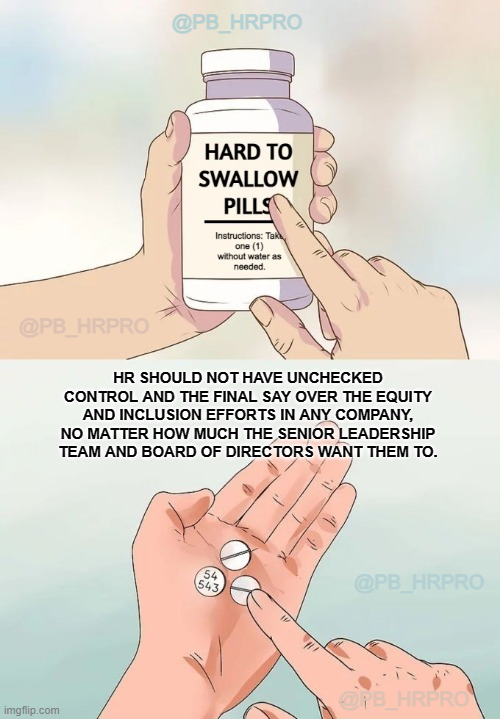A Mid-Week Leadership Tip
Hey, leader folx! Happy Wednesday! Here's a leadership tip (that you should not need someone to give you because it should be a given) to guide the rest of your week: Show gratitude to your team members every day.
Yes. Seriously. Show gratitude to your team members. Every. Day.
They are bustin' their asses for you and your organization, putting in work that makes you and your organization look good in every arena. They give your team and organization their energy, insights, and skills daily. A chunk of their life is spent in your workplace, and this is time they will never get back to spend with their friends, families, and communities or even dedicate to their passions and healing. Please show them some respect every damn day. Thank them for all the work they do for you and everything they contribute to your organization, even the "basic" things that most of us easily take for granted. Let it be known to every other senior leader you work with that your success is team success, and your team should be thanked for their work. And if you're going to say thank you?
Mean it.
Don't be out here going through the motions and acting like someone is twisting your arm. Don't say thank you because "that's what you're supposed to do." You're not an automaton. You're a human being with a heart and soul. You have feelings. You know what it feels like not to be given respect or gratitude for the things you've done that you don't expect respect and appreciation for. You know what it feels like to bust your ass and have a leader not show you gratitude and take credit for your energy and effort. Take those feelings, handle them with humility and empathy, and don't pass them on to those you lead.
If you think you're leading with humanity, gratitude should be easy, like Sunday morning. And if it's difficult, like dodging a truck while wearing ankle weights?
It would be best if you got your weight up.
